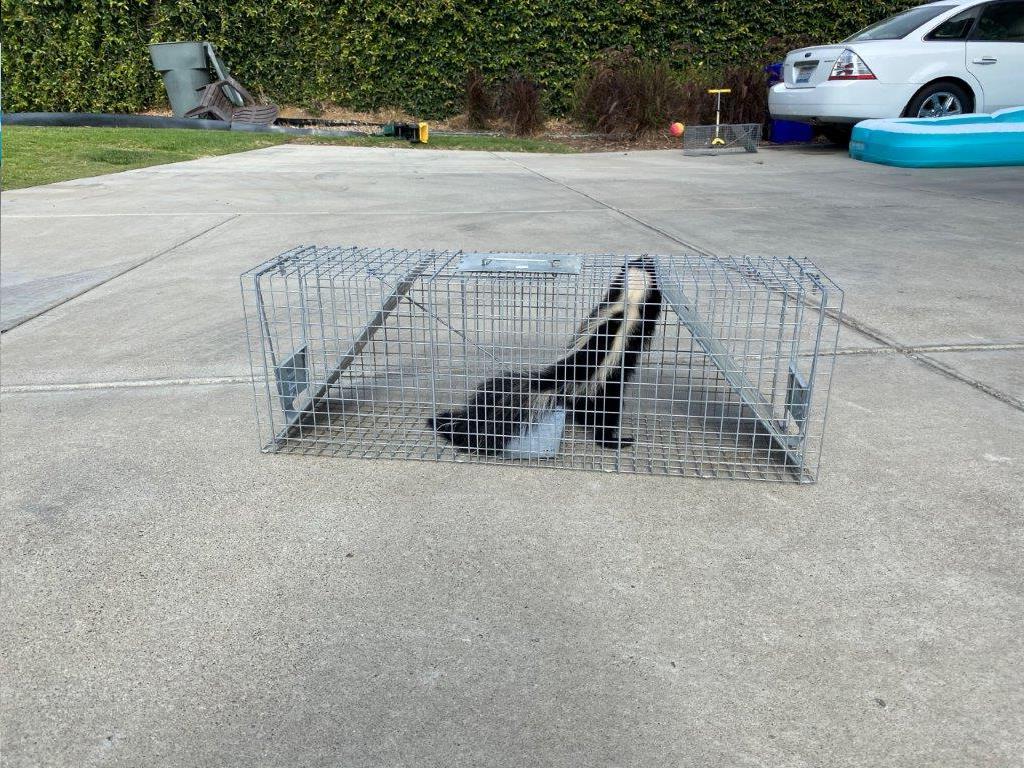
Nocturnality is an animal trait in which the animals are mostly active at night and sleep during the day. Skunks fall into this category. Similar to other mammals, such as bats and possums, skunks stay in their dens during the day and only come out at night to feed. There may be many reasons why skunks have adapted to the nocturnal lifestyle, some of them are listed below:
Poor eyesight
Skunks are known to have poor eyesight. They mostly rely on their sense of touch to get around. To be able to survive, they need to get around without getting caught and running into predators as they cannot see well. Since they see poorly, skunks have to rely on their other senses such as touch and smell to survive. They use sense marking to search for prey and invade predators. This, however, becomes difficult during the day as there are many activities going on at once, disrupting their sense of touch and feeling. They therefore choose the night time when it's much calmer and dim.
Defense from predators
Skunks are relatively small animals with only one major defense mechanism. Even with this defense, they can still run into a lot of trouble if they come out during the day. They therefore use the night as cover from predators who may want to hurt them and only come out to look for food when there are no signs of danger.
For feeding
Skunks feed mainly at night. They are omnivores that feed on a wide variety of things. They can burrow into the soil and eat earthworms, grubs, and other things. They can also hunt and kill small rats, chicks, and even eat chicken eggs. Skunks need the dark to successfully hunt for food while also evading their predators.
Do skunks only come out at night?
While skunks are mainly nocturnal, it is not unusual to sight one during the day. In fact, there are a lot of reasons why skunks may decide to come out during the day instead of adhering to the nocturnal rule. First, it may be hungry. A skunk that has had no luck finding food the night before will most likely risk exposure just to get some food.
A skunk that has been removed or displaced from its home will be out during the day to search for another den. Skunks will not wait until nightfall to search for a home because being without shelter makes them vulnerable to attacks from predators. They can quickly burrow once they find the perfect site or make use of abandoned dens if left stranded. Baby skunks have also been known to wander during the day if they are lost or their mother is not around. A sick skunk can also venture out during the day. Sick or injured skunks can become disoriented and may be unable to find their way back to their dens, hence the daytime sighting.
However, day activities for skunks are not without its dangers. The skunks are at their weakest during the day as they may be easily sighted and attacked by a predator. They are also much slower during the day compared to the night because they cannot see well and coming out during the day disrupts their natural sleep cycle. This means that they are more sensitive and more likely to spray if they come across danger.
Go back to the Bristol wildlife removal home page.